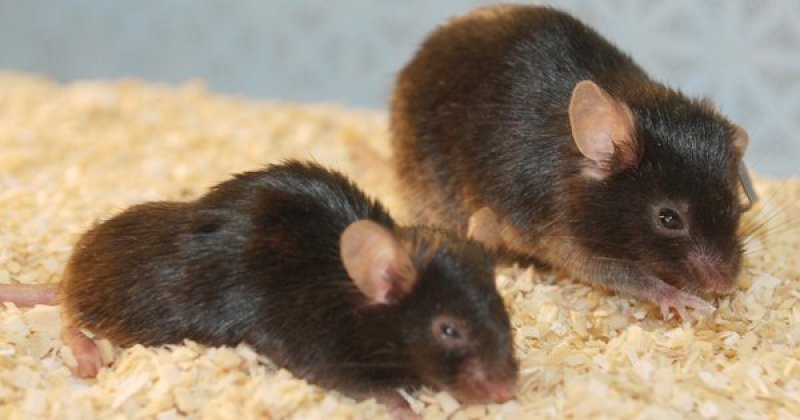Biomedical engineers at Duke University have used a CRISPR/Cas9 genetic engineering technique to turn off a gene that regulates cholesterol levels in adult mice, leading to reduced blood cholesterol levels and gene repression lasting for six months after a single treatment. This marks the first time researchers have delivered CRISPR/Cas9 repressors for targeted therapeutic gene silencing in adult animal models.
…
Charles Gersbach, the Rooney Family Associate Professor of Biomedical Engineering at Duke, and members of his laboratory developed an approach to efficiently package and deliver the CRISPR/Cas9 repressor system to mice. They tested their delivery system by silencing Pcsk9, a gene that regulates cholesterol levels. While several drugs have been developed to treat high cholesterol and cardiovascular disease by blocking the activity of Pcsk9, this new approach would prevent Pcsk9 from being made.
…
As researchers develop new ways to use the CRISPR/Cas9 for therapy and research, more information is emerging on how the immune system of living organisms responds to delivery of CRISPR/Cas9 system. Because the Cas9 enzyme is derived from bacteria, the immune system may recognize it as a foreign protein from an invading organism and mount a response.
…
As they continue the research, Gersbach and his collaborators hope to gather more information to better understand the immune response against Cas9 and stability of epigenetic modulation.
Read full, original post: CRISPR/CAS9 silences gene associated with high cholesterol































